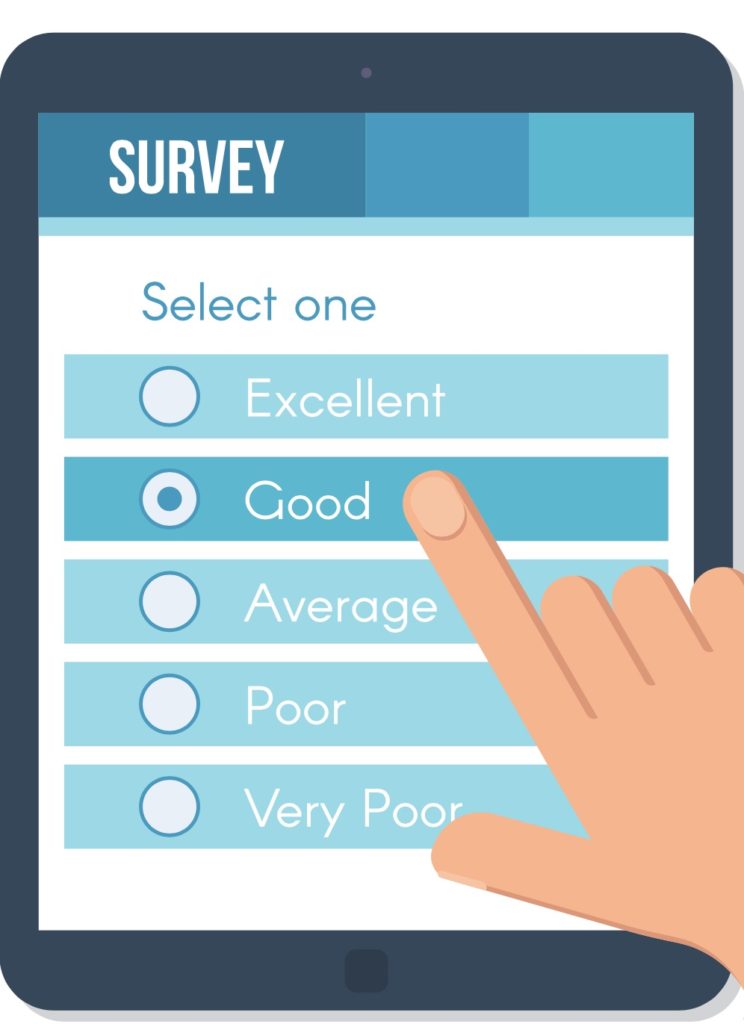Club Improvement Begins with Communication and Feedback
Five Resolutions for the New Decade
Improvement in youth soccer should not start with action.

Improving a youth soccer club starts with the communication of clear expectations — and listening to feedback that leads to action.
For 2020, my five resolutions are focused on communication and feedback with the five major groups of soccer people in a club.
Start at the top of the organization to more effectively support your players and coaches on the field.

Resolution #1: Hold an annual orientation and training for your Board of Directors.
One of the most critical mistakes youth soccer clubs make is not holding an annual orientation and training for all members of their boards of directors. Focus this meeting on your entire board, not just new members.
The primary responsibility of a board is to set the strategic direction for the organization and to manage that through financial, human resources, and program support. This includes incorporating the expertise and recommendations of senior coaching staff into organizational planning and business decisions.
Because many board members are often parents of players, it is imperative that board orientation and training also include clarification of the roles of board members, especially as they differ from coach, administrative staff, parent, or other volunteer roles in the club,

Resolution #2: Review and revise written expectations for your coaches.
Regardless of whether your coaches are paid or volunteer, does your club have written expectations for your coaches in the form of job descriptions or contracts? If you do not, then this resolution is all about writing those expectations down. If you do have job descriptions or contracts, take the time to review them to ensure they are clear and accurate for the work you wish your coaches to perform.
As you review these expectations, consider what type of tasks you have assigned to your coaches:
- Work that is directly related to the game and the sport, including teams and players, that the individual coach must accomplish
- Tasks that are directly related to the game that could be shared or delegated to other people, not just the coach,
- Administrative work that must be done by the coach, and
- Administrative work that could be shared or delegated to other people.
Focus expectations for your coaches on those coaching and administrative tasks that must be done by your coaching staff and clearly communicate these expectations to your coaches.

Resolution #3: Build Success with an Off-Field Team with your club staff, volunteers, and coaches
Without player registration, fee collection, field and facility reservations, registration for leagues and tournaments, and uniform and equipment procurement, no club can field a team. Build your club’s off-field team by holding an annual workshop for all club staff, volunteers, and coaches to do three things:
- Introduce them to each other so names and faces become more familiar in your club community,
- Identify and recognize key coaching and “invisible” administrative jobs and why they are important for supporting your club’s teams and players, and
- Clarify roles and best practices for working together to support your teams and players, including critical timelines and deadlines.

Resolution #4: Engage your parents and others through a club-wide feedback survey
Invite feedback from your club members on five (5) major areas of your organization:
- Coaches and team experiences,
- Other club programs (separate from teams and competition),
- Club management and operations,
- Club governance and leadership, and
- Key club roles, such as president, director of coaching, and operations/business manager.
Use this information to build on what is working well in your club, as well as to address areas that need attention or improvement. Clubs that hold annual feedback surveys find it easier to maintain a positive club culture, address emerging issues, and retain coaches and players.

Resolution #5: Implement (or improve) your program for providing feedback to your players
Players (and their parents) need feedback and information on how they are developing in the sport. This critical communication manages expectations for player learning, development, and success in the sport. It also builds trust between coaches, players, and parents that contributes to player retention for your club.
Assessment and feedback can occur in a variety of ways from tryouts to mid-season assessments to end-of-season evaluations.
They can be done in person, on paper, or via mobile apps, like TeamGenius, that provide a consistent framework for gathering, reporting, and sharing player evaluations over time.
Improvement in youth soccer starts with communication, clear expectations, and feedback. Engage your players, parents, staff and volunteers, coaches, and board members in 2020 to find the ways your club can better support its players, teams, and members.

Ruth Nicholson is an internationally certified professional facilitator, mediator, and organizational alchemist helping youth sports organizations better support coaches, teams, and players. She is the founder of GO! offering proven governance, leadership, and administrative tools.

As a coach for TeamGenius, Ruth helps sports organizations develop assessment and feedback programs for players, coaches, and referees. She was a co-creator of the international 2019 Think Tank to Improve Youth Sports which engaged over 60 speakers from two dozen sports.
In 2018, Ruth was a finalist for the Hudl Innovator of the Year award for youth soccer. Her work has engaged coaches, sports professionals, and organizations in North America, Africa, Asia, Australia, Europe, and South America.





